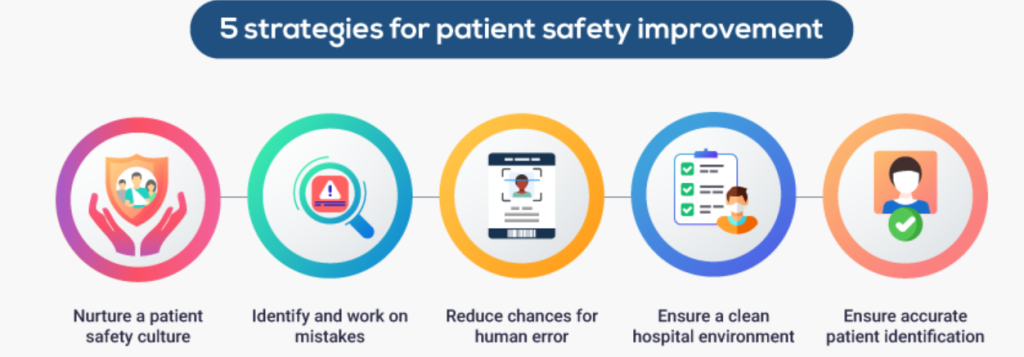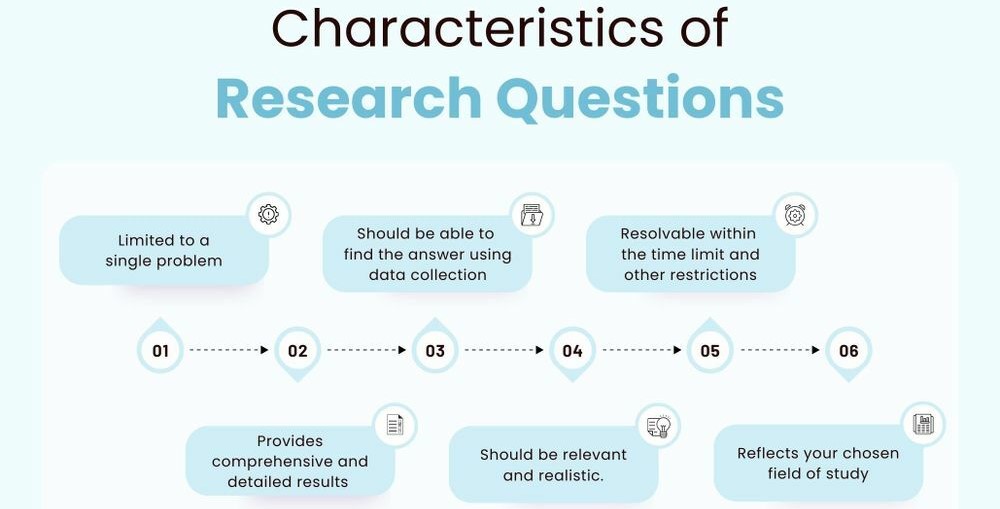
Table of Contents
The landscape of healthcare is in a perpetual state of evolution, driven by technological advancements, shifting demographics, emerging global health challenges, and an increasing emphasis on patient-centered care. At the forefront of navigating and shaping these changes are nurse researchers, whose work is pivotal in advancing evidence-based practice, improving patient outcomes, and influencing health policy. For aspiring doctoral candidates, selecting impactful and relevant PhD nursing research topics is the cornerstone of a successful academic journey and a meaningful contribution to the field. As we look towards 2025, a new wave of critical inquiry is emerging, presenting a fertile ground for innovative PhD nursing research topics.
This article delves into the top 20 PhD nursing research topics poised to define nursing inquiry in 2025. These areas reflect the pressing needs of modern healthcare systems and offer significant opportunities for nurse scholars to make a lasting impact. Choosing from these PhD nursing research topics can set the stage for ground-breaking discoveries.
The Evolving Horizon of Nursing Inquiry
The selection of PhD nursing research topics is not arbitrary; it is deeply influenced by societal needs, technological breakthroughs, and the ongoing quest to enhance the quality and equity of care. In 2025, we anticipate PhD nursing research topics will increasingly focus on:
- Technological Integration: How can digital health, AI, and big data be harnessed to improve nursing care?
- Health Equity: Addressing disparities in access, treatment, and outcomes among diverse populations remains a critical area for PhD nursing research topics.
- Population Health: Focusing on the health outcomes of groups of individuals, including the determinants of such outcomes, and policies and interventions that link these.
- Workforce Well-being: The sustainability of the nursing profession itself is a key concern, making related issues prime PhD nursing research topics.
- Global Health Challenges: Climate change, pandemics, and other global crises necessitate innovative nursing responses, generating vital PhD nursing research topics.
Understanding these overarching themes is crucial when considering potential PhD nursing research topics. The following list provides a comprehensive overview of areas ripe for exploration.
Top 20 PhD Nursing Research Topics for 2025
Here, we explore twenty compelling PhD nursing research topics that offer significant potential for impactful research in the coming year and beyond. Each of these PhD nursing research topics addresses a critical area within nursing and healthcare.
1. Artificial Intelligence (AI) and Machine Learning in Predictive Patient Care
The integration of AI into healthcare is revolutionizing diagnostics, treatment planning, and patient monitoring.
- Relevance: AI algorithms can analyze vast datasets to predict patient deterioration, identify high-risk individuals, and personalize care plans.
- Potential PhD nursing research topics:
- Developing and validating AI-driven tools for early sepsis detection in ICUs.
- Ethical implications of AI in nursing decision-making.
- The impact of AI-powered predictive analytics on nurse workload and patient outcomes.
- Exploring nurse and patient acceptance of AI in care delivery. This area presents many fruitful PhD nursing research topics.

2. Enhancing Telehealth Effectiveness and Equity in Underserved Populations
Telehealth adoption surged during the pandemic, but ensuring its equitable and effective use remains a challenge.
- Relevance: Bridging the digital divide and optimizing virtual care models are crucial for reaching remote and vulnerable communities.
- Potential PhD nursing research topics:
- Assessing the effectiveness of culturally tailored telehealth interventions for chronic disease management in minority groups.
- Barriers and facilitators to telehealth adoption among older adults in rural areas.
- The impact of reimbursement policies on telehealth sustainability and accessibility.
- Developing best practices for virtual nursing assessments. These PhD nursing research topics are vital for modern healthcare.
3. Mental Health Interventions for Healthcare Professionals: Addressing Burnout and Promoting Resilience
The well-being of the nursing workforce is paramount for quality patient care. Burnout, stress, and compassion fatigue are significant concerns.
- Relevance: Developing and evaluating effective interventions to support nurses’ mental health is critical for retention and patient safety.
- Potential PhD nursing research topics:
- The efficacy of mindfulness-based stress reduction programs for nurses in high-stress environments.
- Organizational factors contributing to nurse burnout and strategies for systemic change.
- Impact of peer support programs on novice nurses’ resilience and job satisfaction.
- Longitudinal studies on the mental health trajectories of nurses post-pandemic. Investigating these PhD nursing research topics supports the nursing workforce.
4. Climate Change and its Impact on Community Health: The Nurse’s Role in Adaptation and Mitigation
Climate change poses significant threats to global health, from heat-related illnesses to an increase in vector-borne diseases.
- Relevance: Nurses are uniquely positioned to educate communities, advocate for policy changes, and provide care to those affected by climate-related health issues.
- Potential PhD nursing research topics:
- Developing community-based nursing interventions to mitigate the health effects of extreme weather events.
- The role of nurses in promoting sustainable healthcare practices.
- Assessing the preparedness of healthcare systems and nurses to respond to climate-related health emergencies.
- Vulnerability assessments of specific populations to climate change health impacts. These PhD nursing research topics address a global crisis.
5. Addressing Healthcare Disparities and Promoting Health Equity through Nurse-Led Interventions
Persistent health disparities exist across racial, ethnic, and socioeconomic lines.
- Relevance: Nurse researchers can design and test interventions that target the social determinants of health and promote equitable access to care.
- Potential PhD nursing research topics:
- Effectiveness of nurse-led mobile health clinics in improving access to primary care for homeless populations.
- Culturally competent care models for managing chronic diseases in immigrant communities.
- The impact of implicit bias training on nursing care and patient outcomes in diverse settings.
- Policy analyses to identify systemic barriers to health equity. These are crucial PhD nursing research topics for social justice in health.
6. Innovative Models for Chronic Disease Management and Self-Management Support
The global burden of chronic diseases continues to rise, necessitating innovative approaches to care.
- Relevance: Empowering patients with self-management skills and leveraging technology can improve outcomes and reduce healthcare costs.
- Potential PhD nursing research topics:
- The use of mHealth apps and wearables to support self-management in patients with diabetes or hypertension.
- Nurse coaching interventions for behavior change in individuals with multiple chronic conditions.
- The role of family caregivers in chronic disease management and interventions to support them.
- Comparing the effectiveness of group versus individual self-management education programs. These PhD nursing research topics focus on long-term patient well-being.
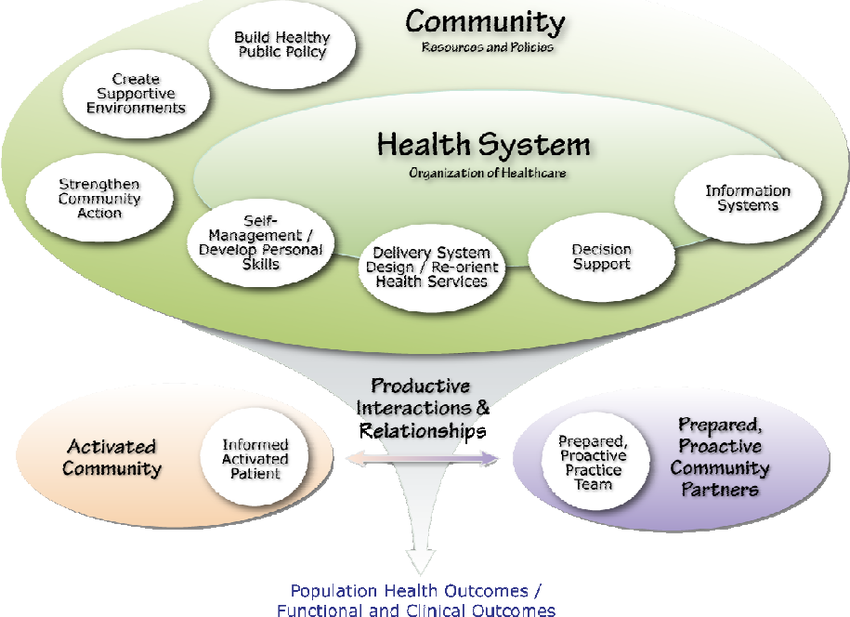
7. Optimizing Geriatric Nursing Care: Addressing Frailty, Polypharmacy, and Dementia
Aging populations present unique healthcare challenges, including managing complex comorbidities and cognitive decline.
- Relevance: Specialized nursing care is essential for promoting healthy aging and improving the quality of life for older adults.
- Potential PhD nursing research topics:
- Interventions to prevent and manage frailty in community-dwelling older adults.
- Nurse-led strategies for deprescribing and managing polypharmacy in geriatric patients.
- Effectiveness of non-pharmacological interventions for behavioral and psychological symptoms of dementia.
- Models of care for supporting older adults aging in place. The study of these PhD nursing research topics is critical for our aging society.
8. Improving Access and Quality of Palliative and End-of-Life Care
Ensuring dignity and comfort at the end of life is a fundamental aspect of compassionate nursing care.
- Relevance: Many individuals still lack access to quality palliative care, and cultural considerations often impact end-of-life decision-making.
- Potential PhD nursing research topics:
- Barriers to early palliative care integration in oncology settings.
- The role of advance care planning in improving end-of-life care experiences for patients and families.
- Culturally sensitive communication strategies for discussing end-of-life care preferences.
- Training and support needs for nurses providing palliative care in non-specialized settings. These PhD nursing research topics address profound human needs.
9. Nursing Workforce Sustainability: Strategies for Recruitment, Retention, and Professional Development
The global nursing shortage, exacerbated by burnout and an aging workforce, threatens healthcare delivery.
- Relevance: Research is needed to identify effective strategies to attract, retain, and support nurses throughout their careers.
- Potential PhD nursing research topics:
- Impact of mentorship programs on the retention of new graduate nurses.
- Factors influencing nurses’ decisions to leave or stay in the profession.
- Innovative educational pathways to expand the nursing pipeline.
- The role of flexible work arrangements in improving nurse satisfaction and retention. These PhD nursing research topics are essential for the future of nursing.
10. Enhancing Patient Safety and Quality Improvement through Systems Thinking
Preventable medical errors remain a significant concern. A systems approach is crucial for identifying and mitigating risks.
- Relevance: Nurse researchers can lead efforts to design safer healthcare systems and implement evidence-based quality improvement initiatives.
- Potential PhD nursing research topics:
- The impact of nurse staffing levels and skill mix on patient safety outcomes.
- Effectiveness of technology-based solutions (e.g., barcoding, smart pumps) in reducing medication errors.
- Strategies for fostering a culture of safety in healthcare organizations.
- The role of patient and family engagement in improving safety. These PhD nursing research topics directly impact care quality.
11. The Nurse’s Role in Health Policy Development and Advocacy
Nurses’ firsthand experience provides valuable insights for shaping health policies that improve population health.
- Relevance: Equipping nurses with advocacy skills and understanding their influence on policy is crucial for systemic change.
- Potential PhD nursing research topics:
- Examining the impact of nurse-led advocacy on specific health policy outcomes (e.g., safe staffing legislation).
- Barriers and facilitators for nurses’ engagement in health policy processes.
- Developing and evaluating educational programs to enhance nurses’ policy competencies.
- The influence of nursing organizations in shaping the health policy agenda. Such PhD nursing research topics empower the profession.
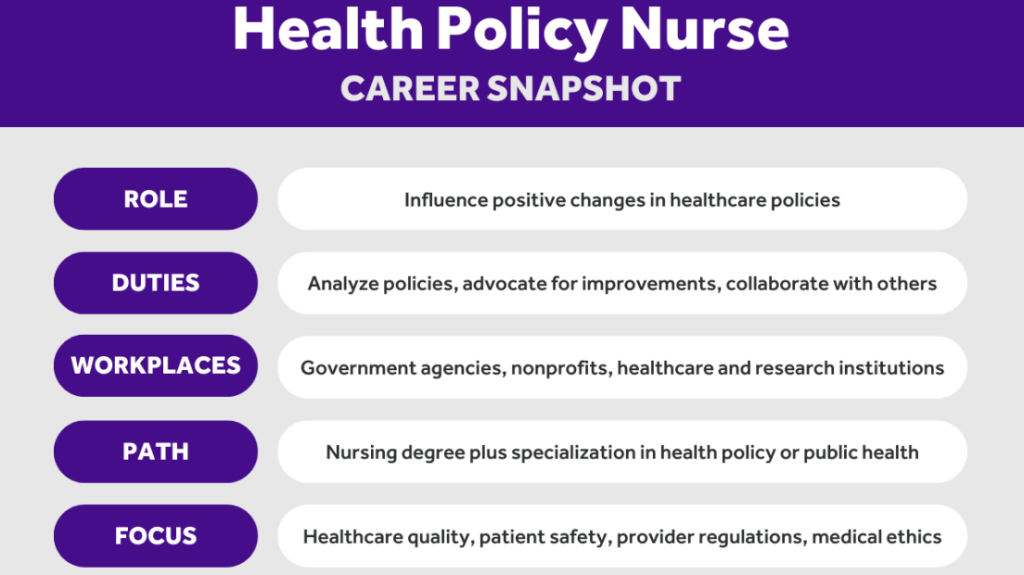
12. Addressing Substance Use Disorders: Nursing Roles in Prevention, Treatment, and Harm Reduction
The opioid crisis and rising rates of substance use disorders (SUDs) demand comprehensive nursing responses.
- Relevance: Nurses play a vital role in screening, brief intervention, referral to treatment (SBIRT), and providing compassionate care for individuals with SUDs.
- Potential PhD nursing research topics:
- Effectiveness of nurse-managed medication-assisted treatment (MAT) programs in primary care.
- Reducing stigma associated with SUDs among healthcare providers and the public.
- Harm reduction strategies implemented by nurses in community settings.
- The experiences of nurses providing care to patients with co-occurring mental health and substance use disorders. These PhD nursing research topics tackle a major public health issue.
13. Innovations in Maternal and Child Health: Addressing Disparities and Improving Outcomes
Despite advances, significant disparities in maternal and infant mortality and morbidity persist.
- Relevance: Nurse-led research can identify and implement interventions to improve outcomes for mothers, infants, and children, particularly in vulnerable populations.
- Potential PhD nursing research topics:
- The impact of group prenatal care models on maternal and infant health outcomes in low-income communities.
- Interventions to support breastfeeding initiation and duration among minority women.
- Addressing perinatal mental health: screening, access to care, and culturally appropriate interventions.
- The role of school nurses in managing chronic conditions in children. Exploring these PhD nursing research topics promotes generational health.
14. Infectious Disease Preparedness and Response: Lessons from COVID-19 and Emerging Threats
The COVID-19 pandemic highlighted the critical need for robust infectious disease preparedness and response systems, with nurses on the front lines.
- Relevance: Research is needed to strengthen public health nursing infrastructure, improve surveillance, and enhance nurses’ capacity to respond to future outbreaks.
- Potential PhD nursing research topics:
- Evaluating the effectiveness of public health nursing interventions during pandemics.
- Psychological impact of pandemic response on frontline nurses and support strategies.
- Improving infection control practices and PPE use in various healthcare settings.
- Ethical challenges faced by nurses during public health emergencies. These PhD nursing research topics are crucial for global health security.
15. Enhancing Digital Health Literacy for Patients and Nurses
The proliferation of digital health tools requires both patients and providers to possess adequate digital health literacy.
- Relevance: Low digital health literacy can exacerbate health disparities and hinder the effective use of health technologies.
- Potential PhD nursing research topics:
- Developing and evaluating interventions to improve digital health literacy among older adults or specific patient populations.
- Assessing the digital health literacy levels of nurses and identifying training needs.
- The impact of patient portal usability on patient engagement and health outcomes.
- Ethical considerations related to digital health literacy and equitable access. These PhD nursing research topics are foundational for the digital age of healthcare.
16. Ethical Dilemmas in Advanced Practice Nursing: Navigating Complex Care Scenarios
Advanced Practice Registered Nurses (APRNs) often face complex ethical dilemmas related to scope of practice, resource allocation, and patient autonomy.
- Relevance: Research can help elucidate these challenges and develop ethical frameworks and support systems for APRNs.
- Potential PhD nursing research topics:
- Ethical decision-making processes of APRNs in end-of-life care or critical care settings.
- Moral distress among APRNs and its impact on job satisfaction and patient care.
- The ethical implications of using AI and predictive analytics in APRN practice.
- Navigating conflicts of interest in APRN roles. Consideration of these PhD nursing research topics strengthens ethical practice.
17. Implementation Science in Nursing: Bridging the Research-to-Practice Gap
A significant gap often exists between research findings and their consistent application in clinical practice.
- Relevance: Implementation science focuses on strategies to promote the systematic uptake of evidence-based interventions into routine practice. This is a key area for research topics for PhD nursing.
- Potential PhD nursing research topics:
- Identifying barriers and facilitators to implementing specific evidence-based nursing guidelines.
- Evaluating the effectiveness of different implementation strategies (e.g., audit and feedback, educational outreach).
- The role of nurse champions and leadership in driving practice change.
- Sustaining evidence-based practices in resource-limited settings. These PhD nursing research topics aim to make research actionable.
18. Genomics and Personalized Medicine: Nursing Implications, Education, and Practice
Advances in genomics are paving the way for more personalized approaches to disease prevention, diagnosis, and treatment.
- Relevance: Nurses need to be knowledgeable about genomics to educate patients, interpret genetic information, and integrate genomic data into care.
- Potential PhD nursing research topics:
- Assessing nurses’ genomic literacy and developing effective educational interventions.
- The role of nurses in genetic counseling and supporting patients undergoing genetic testing.
- Ethical, legal, and social implications (ELSI) of genomics in nursing practice.
- Integrating pharmacogenomics into medication management by nurses. These PhD nursing research topics are at the cutting edge of medical science.
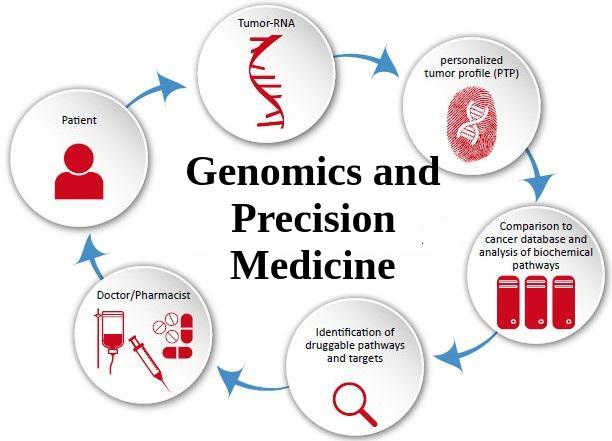
19. Trauma-Informed Care Across the Lifespan and Diverse Settings
Understanding the pervasive impact of trauma is essential for providing sensitive and effective care.
- Relevance: Implementing trauma-informed care (TIC) principles can improve patient engagement, treatment adherence, and health outcomes, especially for vulnerable populations.
- Potential PhD nursing research topics:
- Evaluating the effectiveness of TIC training programs for nurses in various settings (e.g., emergency departments, mental health).
- The impact of implementing TIC principles on patient experiences and outcomes.
- Addressing secondary traumatic stress in nurses working with trauma survivors.
- Adapting TIC models for specific populations (e.g., refugees, children in foster care). These PhD nursing research topics promote healing and compassion.
20. Optimizing Interprofessional Collaboration and Education for Improved Patient Outcomes
Effective teamwork among healthcare professionals is critical for safe, high-quality, and coordinated patient care.
- Relevance: Research is needed to understand how to best foster interprofessional collaboration (IPC) and evaluate the impact of interprofessional education (IPE) initiatives.
- Potential PhD nursing research topics:
- The impact of IPE interventions on students’ collaborative competencies and attitudes.
- Examining communication strategies and team dynamics in effective interprofessional healthcare teams.
- The role of nurses as leaders in interprofessional teams.
- Evaluating the effect of IPC models on patient safety, satisfaction, and clinical outcomes. These PhD nursing research topics enhance team-based care.
Considerations When Choosing Your PhD Nursing Research Topic
Selecting from the many available PhD nursing research topics is a significant decision. Consider the following when choosing a PhD nursing research topic;
- Personal Passion and Interest: Your research will be a long-term commitment. Choose a topic that genuinely excites and motivates you.
- Feasibility and Resources: Assess the practicality of your proposed research. Do you have access to the necessary populations, data, equipment, and funding?
- Mentorship and Institutional Support: Align your topic with the expertise of potential mentors and the resources available at your institution.
- Potential Impact: Consider how your research can contribute to nursing knowledge, practice, or policy. Does the PhD nursing research topic address a significant problem?
- Existing Literature: Conduct a preliminary review to ensure there’s a gap your research can fill, rather than merely duplicating existing work. Quality nursing research topics often build upon existing knowledge.
A strong PhD nursing research topic suggestion often comes from experienced faculty or observed clinical problems.
Navigating the PhD Research Journey
Once you’ve selected one of the promising PhD nursing research topics, the journey involves rigorous literature reviews, methodological design, data collection and analysis, and scholarly writing. The process is demanding but ultimately rewarding.
For students who find the process daunting, resources are available. PhD Nurse Writer can help with PhD nursing research topic suggestion and other specific aspects of your work. We offer professional PhD nursing research and writing services including proofreading, editing, formatting and plagiarism removal, always ensuring ethical engagement and maintaining academic integrity.
Our experienced writers can also offer customized assistance with writing assignments, essays, term papers, ATI-TEAS test, proctored exams, case studies, dissertations and thesis.
Conclusion: Shaping the Future Through Nursing Research
The field of nursing is dynamic, and the PhD nursing research topics outlined for 2025 reflect the evolving challenges and opportunities in healthcare. Pursuing any of these PhD nursing research topics offers a chance to contribute meaningfully to the evidence base that underpins excellent nursing care and shapes health systems globally. By engaging in rigorous inquiry and exploring these innovative PhD nursing research topics, doctoral-prepared nurses will continue to lead the way in advancing health, promoting equity, and improving the lives of individuals and communities worldwide.
The careful selection and dedicated pursuit of compelling PhD nursing research topics are what drive the profession forward, ensuring that nursing remains a cornerstone of effective and compassionate healthcare. The future of health is significantly influenced by the PhD nursing research topics investigated today.



